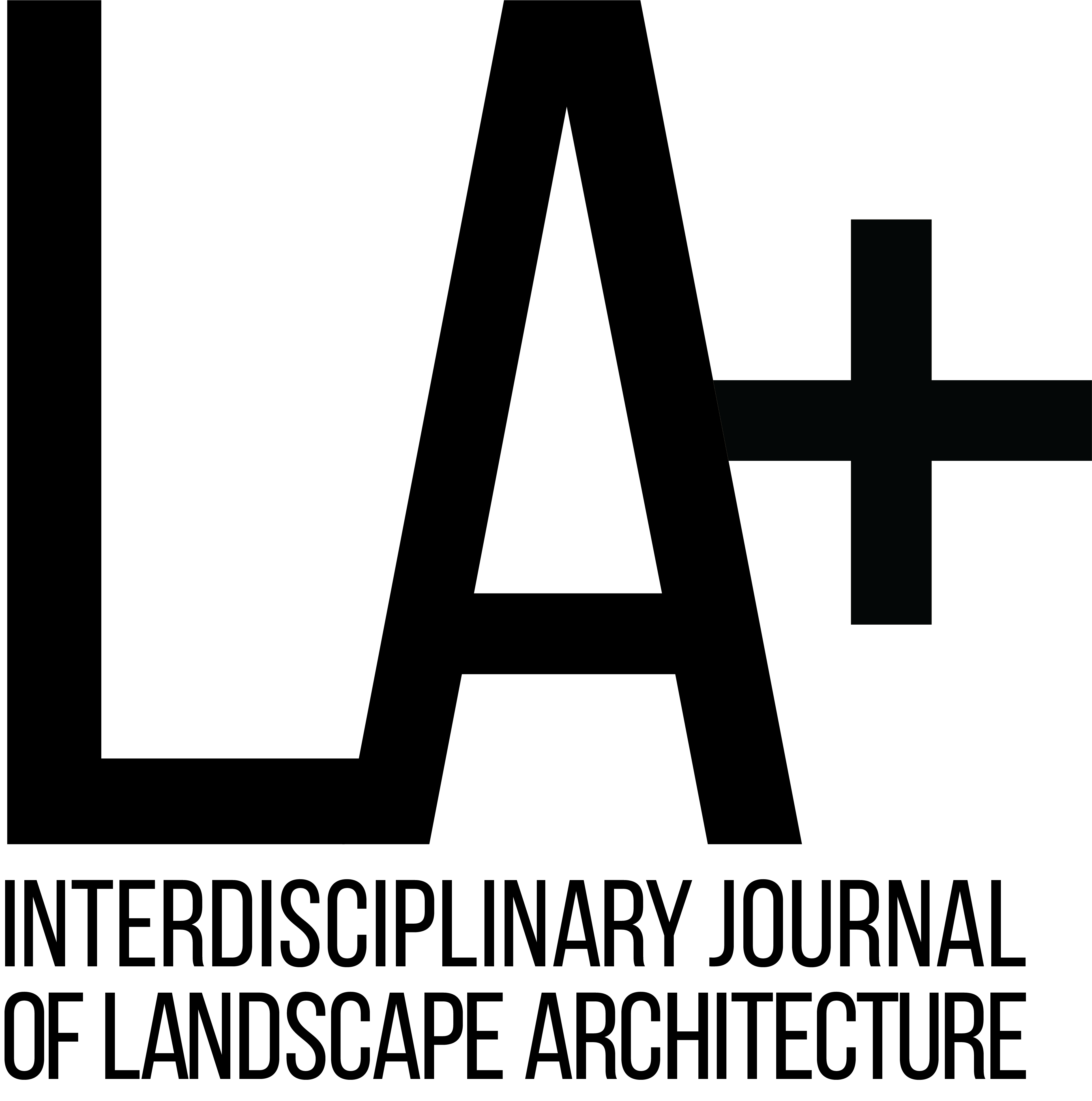

Timothy Morton is a Professor and Rita Shea Guffey Chair in English at Rice University. He has collaborated with Björk, Laurie Anderson, Jennifer Walshe, Jeff Bridges, Sabrina Scott, Olafur Eliasson, and Pharrell Williams. He co-wrote and appears in Living in the Future's Past, a 2018 film about global warming with Jeff Bridges. His book Humankind: Solidarity with Nonhuman People (Verso, 2017) explores the separation between humans and nonhumans and from an object-oriented ontological perspective, arguing that humans need to radically rethink the way in which they conceive of, and relate to, nonhuman animals and nature as a whole, going on to explore the political implications of such a change. Morton’s published works include Being Ecological (Penguin, 2018), Dark Ecology: For a Logic of Future Coexistence (Columbia, 2016), Nothing: Three Inquiries in Buddhism (Chicago, 2015), Hyperobjects: Philosophy and Ecology after the End of the World (Minnesota, 2013), Realist Magic: Objects, Ontology, Causality (Open Humanities, 2013), The Ecological Thought (Harvard, 2010), Ecology without Nature (Harvard, 2007), eight other books, and 200 essays on philosophy, ecology, literature, music, art, architecture, design and food. His work has been translated into 10 languages. In 2014, Morton gave the Wellek Lectures in Theory.

Kate Orff is the Founding Principal of SCAPE and Director of the Urban Design Program and Center for Resilient Cities and Landscapes at Columbia University’s Graduate School of Architecture, Planning and Preservation. She focuses on retooling the practice of landscape architecture relative to the uncertainty of climate change and creating spaces to foster social life, which she has explored through publications, activism, research, and projects. Kate is known for leading complex, creative, and collaborative work processes that advance broad environmental and social prerogatives. In 2019, she was elevated to the American Society of Landscape Architects Council of Fellows – one of the highest honored bestowed on landscape architects practicing in the US. Kate was awarded the prestigious MacArthur Foundation Fellowship in 2017 – the first given in the field of landscape architecture. In 2019, she received a National Design Award from the Cooper Hewitt National Design Museum. She was a 2012 United States Artist Fellow, dubbed an Elle Magazine “Planet Fixer,” and has been profiled and interviewed extensively for publications including The New York Times, The Economist, National Geographic, and more.

Chris Reed is Founding Director of Stoss Landscape Urbanism as well as Professor in Practice of Landscape Architecture and Co-Director of the Master of Landscape Architecture in Urban Design Program at Harvard Graduate School of Design. He is recognized internationally as a leading voice in the transformation of landscapes and cities, working alternately as a researcher, strategist, teacher, designer, and advisor. Chris is particularly focused on creating resilient social spaces that foster vitality, equality, and community within the public realm. His work includes urban revitalization initiatives, climate resiliency efforts, adaptations of former industrial sites, and the creation of vibrant public spaces that act as a catalyst for change — environmentally, culturally, and economically. Chris is a recipient of the 2012 Cooper-Hewitt National Design Award in Landscape Architecture, a Fellow of the American Society of Landscape Architects, and was the 2017 Mercedes T. Bass Landscape Architect in Residence at the American Academy in Rome.

Jennifer Wolch is former Dean of the College of Environmental Design at the University of California, Berkeley and William W. Wurster Professor of City and Regional Planning. She is coeditor of Animal Geographies: Place, Politics and Identity in the Nature/Culture Borderlands (with J. Emel, Verso, 1998), which followed the publication of a special issue on animals in human geography in Society and Space. Her work in this area includes studies of intersectionality and attitudes toward animals, urban design and planning for multispecies cities, urban rewilding, and animals in contemporary design culture. Jennifer’s other publications include Landscapes of Despair: From Deinstitutionalization to Homelessness (with M. Dear, Princeton, 1987), The Shadow State: Government and Voluntary Sector in Transition (Foundation Center, 1990), Malign Neglect: Homelessness in an American City (with M. Dear, Jossey-Bass, 1993), The Power of Geography: How Territory Shapes Social Life (with M. Dear, Unwin Hyman, 1989), and Up Against the Sprawl: Public Policy and the Making of Southern California (with M. Pastor Jr., and P. Dreier, Minnesota, 2004).

Andrew Grant is founder and Director of Grant Associates, UK. His work explores the connection between people and nature. In 2012 he was awarded the title of RSA Royal Designer for Industry in recognition of his pioneering global work in landscape architecture such as the award-winning Gardens by the Bay and Supertrees in Singapore. He is a Visiting Professor at the University of Sheffield, an Honorary Fellow of the RIBA, and a member of the National Infrastructure Commission Design Group. Based in the city of Bath, UK, he is chair of the Bathscape Landscape Partnership, a member of the Bath World Heritage Site Advisory Board, and cofounder of the pop-up festival Forest of Imagination. Andrew is currently collaborating on projects looking into the future of zoo experiences and endangered species conservation in Singapore and the UK, whilst Grant Associates has funded and supported the conservation of the critically endangered blue-eyed black lemur in Madagascar working closely with the Bristol Zoological Society.

Farre Nixon is a Landscape Designer at Kounkuey Design Initiative in Los Angeles and a graduate of MIT and the University of Pennsylvania’s Weitzman School of Design. With degrees in planning, architecture, and landscape architecture, Farre is a strong advocate for transdisciplinary and collaborative practice and believes that the scope of work required to address the challenges of the Anthropocene presents an opportunity to enrich and transform design practice, expanding the paradigms within which architecture and landscape operate. Farre’s graduate thesis research centered around scleractinian (reef-building) corals, framing the problem of their degradation and rehabilitation from a post-humanist standpoint and culminating in a speculative design proposal for an artificial reef prosthesis that autonomously acclimates to new climatic conditions, creating a variety of micro-habitats ideal for coral reproduction and growth. Farre is an LA+ alum, having worked on the design production team for LA+ VITALITY.









